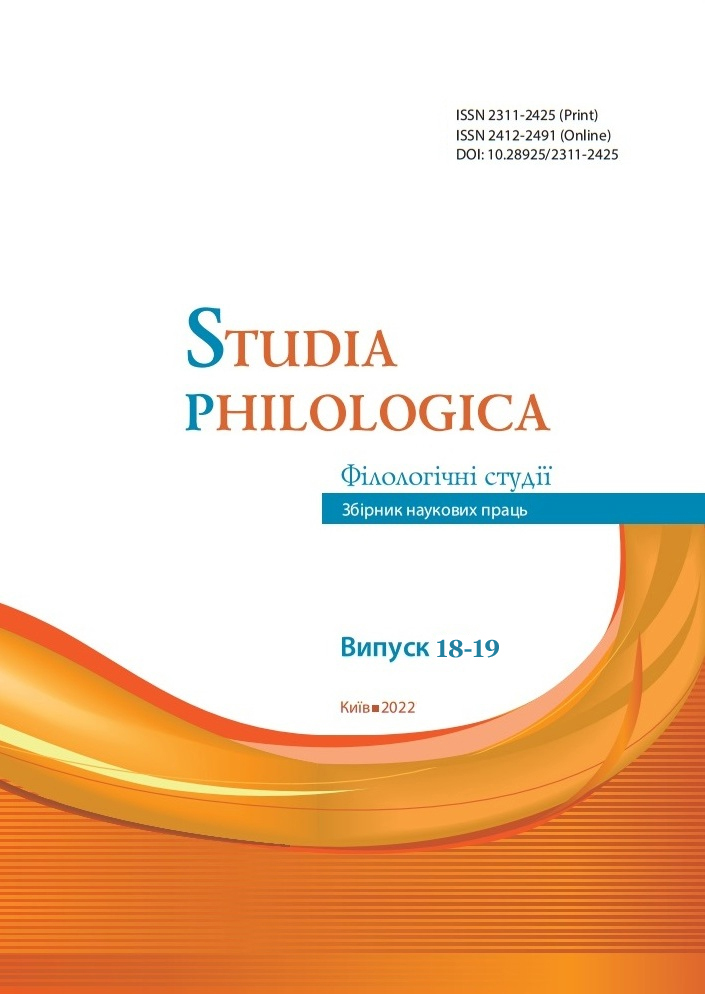Що залишається фейком у медіа: зміни за двадцять років
DOI:
https://doi.org/10.28925/2311-2425.2022.1891Анотація
У сучасному світі високих технологій, реальних можливостей та відкритої інформації фейк стає невід’ємною частиною життя та одним із наслідків людської діяльності. Епоха надлишку інформації та швидкої доступності будь-яких фактів і новин є водночас часом недоліків. Багато інформації, яка отримується, є недостатньою, дезінформативною, неоднозначною, оманливою та абсолютно фейковою. «Фейк» має тенденцію замінювати все більше реальних речей, понять і подій і змінювати комунікацію в реальному житті. Він вводить в оману, маніпулює, дезінформує, змушує вас повірити в можливість «множинності істин» і припускає існування кількох реальностей.
Дослідження пропонує аналіз на основі корпусу сполучень із FAKE у випусках The Economist, опублікованих у 2001 та 2021 роках. Два корпуси оброблено за допомогою SketchEngine. Отримані результати демонструють значну зміну медійного дискурсу протягом 20-річного періоду щодо того, що є фейком. Лише дві речі виявилися фальшивими за обидва роки: фальшиве посвідчення особи та фальшива картка. У 2001 році основна увага зосереджена на підроблених фотографіях, зображеннях, годинниках, продуктах. Однак у 2021 році переважаючою темою є фейкові новини, потім йдуть наступні словосполучення: фейкова інформація, посилання, обліковий запис, замовлення, розлучення, особистість, диплом, сертифікат, ліки та вакцина. Схоже, що частота вживання змінилася, 37 і 57 випадки FAKE як прикметника у 2001 і 2021 роках відповідно. Словосполучення, що мають позитивне значення в газетних статтях, опублікованих у 2001 році: fake pancreas, fake target, fake (threat) image, neutral collocations are fake parapets, fake pigeons, fake houses, fake waterway, негативне – fake Ids, fake documentation, fake profits, fake jobs, fake cuppa, fake watches, fake products; в той час як всі словосполучення з FAKE у медійних текстах мають негативну конотацію (fakemedicine, fakevaccine, fakeids, fakecertificates, fake data, fake account, etc.). FAKE new sвиявилось найвживанішим словосполученням у статтях, опублікованих у 2021.
Ключові слова: фейк, корпусний аналіз, колокації, медіадискурс, The Economist


